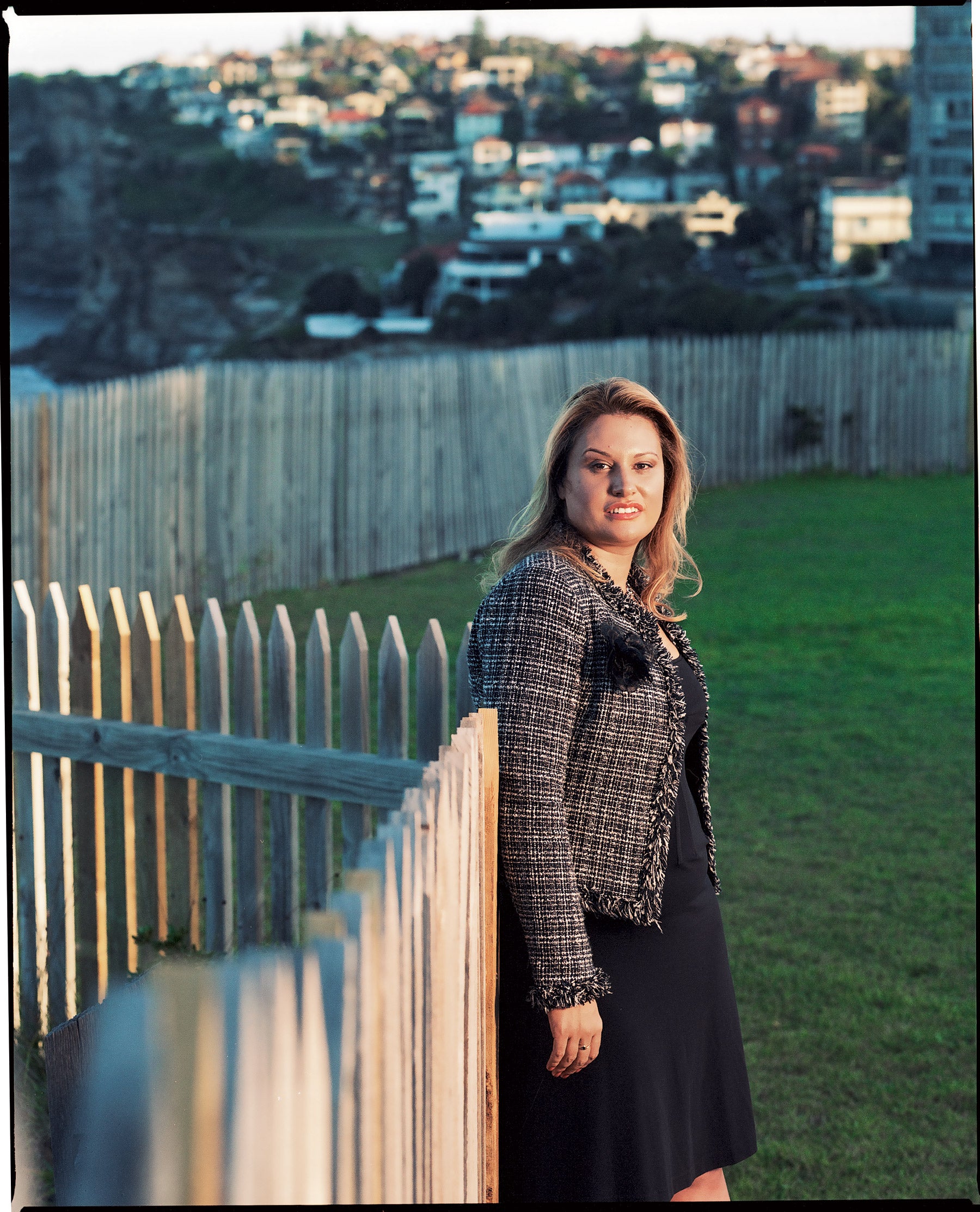Through literature and law, Larissa Behrendt LL.M. ’94 S.J.D. ’98 speaks for aboriginal rights
A girl is kidnapped and raped. Her child is stolen. No one is ever prosecuted.
For Larissa Behrendt, this story–her grandmother’s–is part of her personal history, but also part of her country’s. Australian government policy toward aborigines caused her grandmother to be taken from her family and aboriginal home in New South Wales and placed in domestic service with a white family in another city. She was raped and, after giving birth, was denied custody of her child.
The removal policy ended in 1969, the year Behrendt was born, but racism and ignorance about aboriginal history continue. As an indigenous rights lawyer, she has made it her life’s work to right historic wrongs and ensure that the stories of her people are told.
A member of the Eualeyai/Kamilaroi nations of northwest New South Wales, Behrendt grew up talking about land rights and the impact of colonization at home, but aboriginal history and the removal policy were never discussed in school. She was one of the first generation of aborigines to be able to go from high school to university, but even there, indigenous issues were not part of the curriculum. In 1993, she became the first aborigine to attend Harvard Law School.
At 36, Behrendt LL.M. ’94 S.J.D. ’98 is a professor of law and indigenous studies at the University of Technology in Sydney, where she directs the university’s Jumbunna Indigenous House of Learning. A judicial appointee, she also sits on a tribunal that hears antidiscrimination cases and is part of a review board for the incarcerated.
At 25, she wrote her first book, on aboriginal dispute resolution. Her second came from her S.J.D. thesis on indigenous rights and Australia’s future. But Behrendt found it was Australia’s past that haunted her. And to write about it, she turned to fiction.
“It became really important to remind people of the human stories–to show what it actually means when you implement a policy or you change a law,” said Behrendt.
Her novel, “Home,” traces the devastation visited by the government’s removal policy on generation after generation of one aboriginal family.
Her father’s friendship with Roberta Sykes, the first black Australian to attend Harvard, set Behrendt on the path to HLS. Behrendt believes the opportunity to study at HLS gave her the freedom to get away from the prejudices and politics in Australia and to focus on the issue of sovereignty rights.
“In Australia, the law academics would say to me, ‘Why would you choose that as a topic? There will never be a recognition of aboriginal sovereignty,'” said Behrendt. “Whereas, when I was at Harvard, people would say, ‘That’s a really interesting question. How do you accommodate the rights of a culturally distinct, historically marginalized minority within a democratic society?'”
She also finds her Harvard degrees have given her more credibility as an advocate.
“In the current political climate, people who advocate for indigenous rights, particularly in a way that’s against the government line, are really quick to be ridiculed and dismissed,” said Behrendt. “Having done a doctoral thesis at Harvard on indigenous rights meant that it had a kind of validity that, if I had done it in Australia, it wouldn’t have had.”
It was at HLS that she began recording her family’s stories. In 2002, her unpublished manuscript won the David Unaipon Award for indigenous writers. The University of Queensland Press published it in 2004, and this year the book won a Commonwealth Writers Prize.
At the end of the year, Behrendt will leave her directorship at Jumbunna to focus on research and advocacy and to continue her writing. Queensland Press has offered her a contract for another novel, a fictionalized account of the radical aboriginal activists of the 1960s.
Behrendt is becoming a symbol of hope for the next generation.
“One of the wonderful things that has happened is the number of aboriginal kids from around Sydney that say, ‘Oh, you’re the one who went to Harvard.’ Even if they can’t remember my name, they know there’s an aboriginal person who went there. And if someone’s done it in the community, then they think it’s an option for them.”
